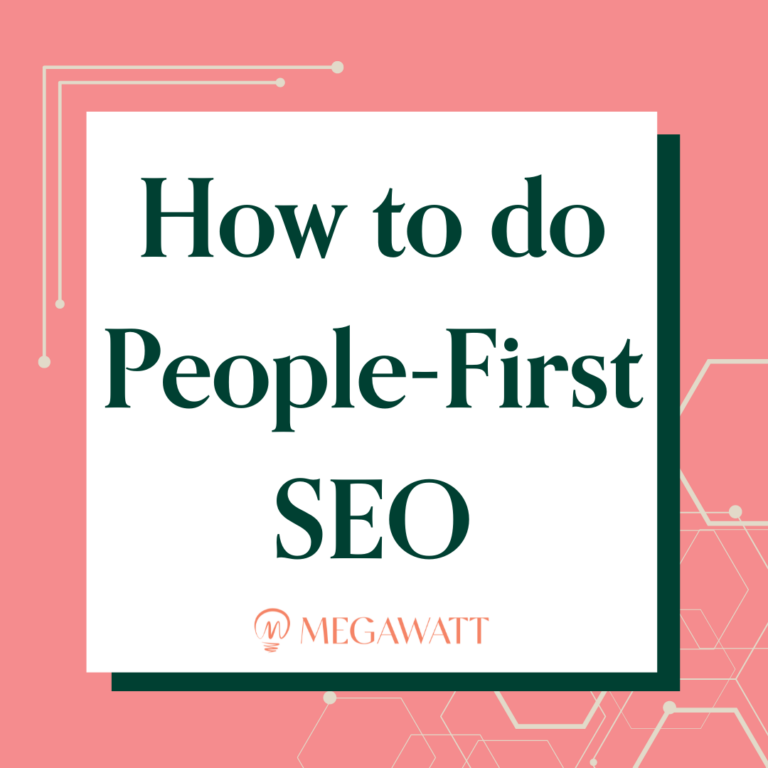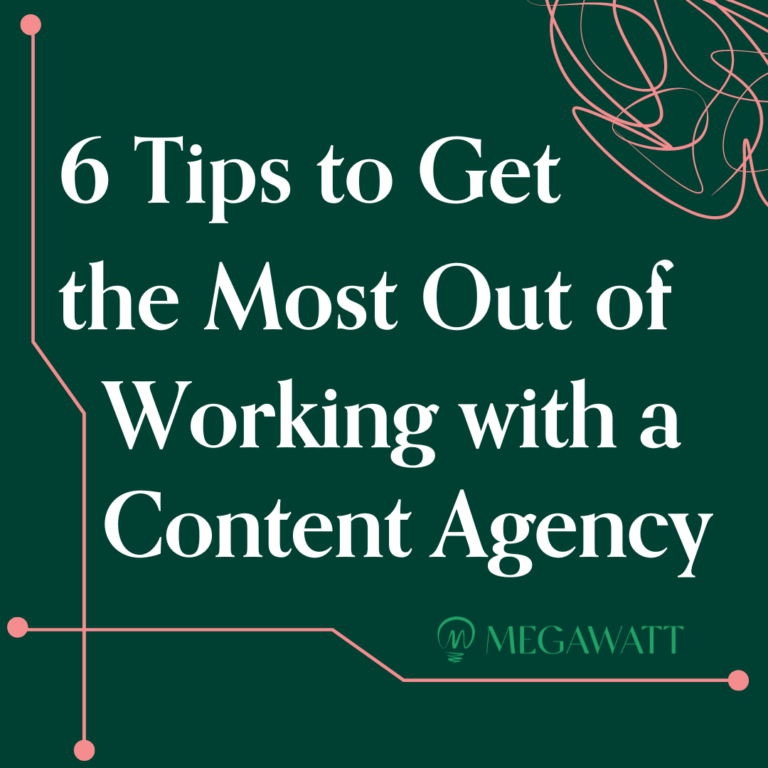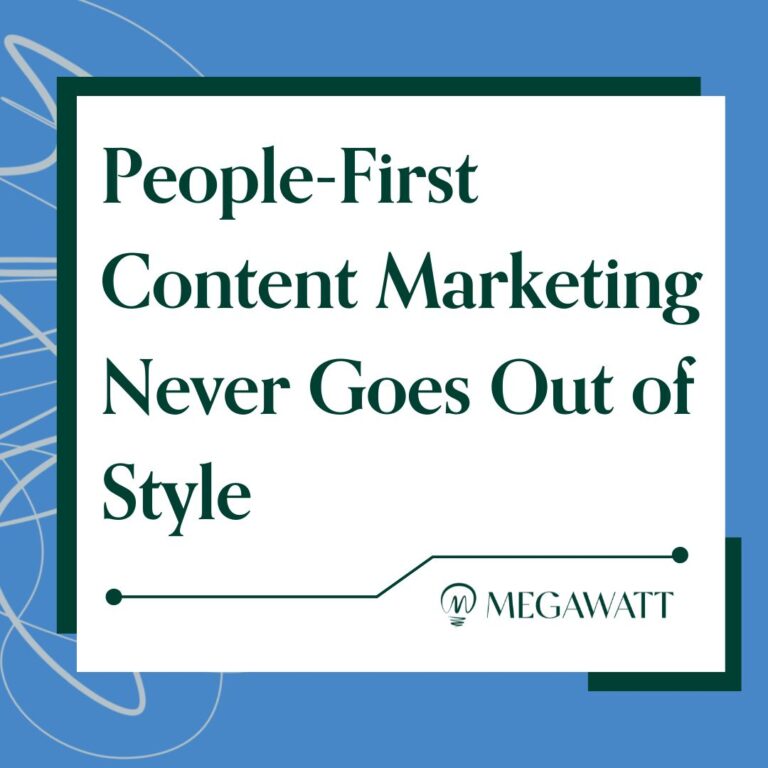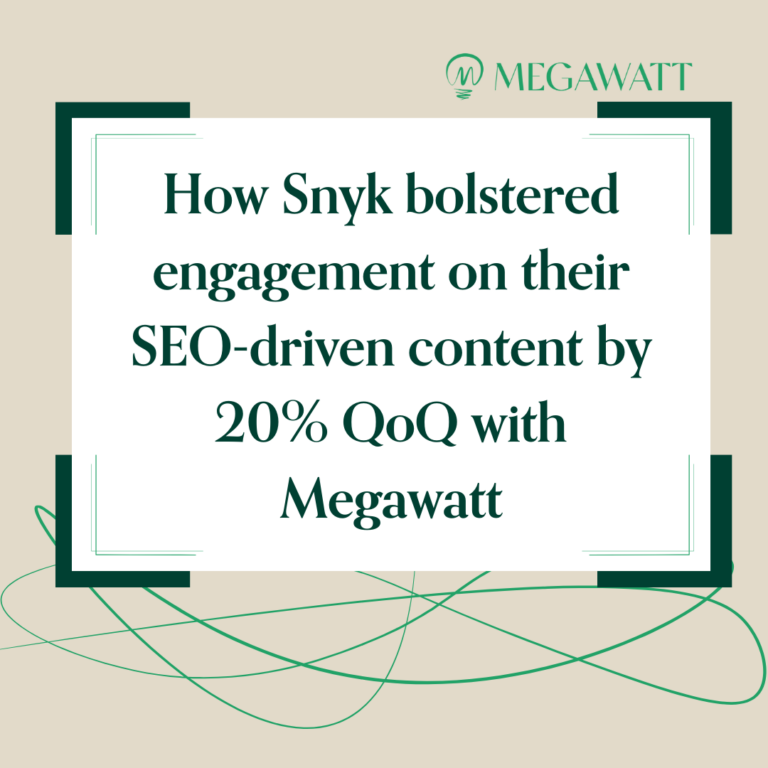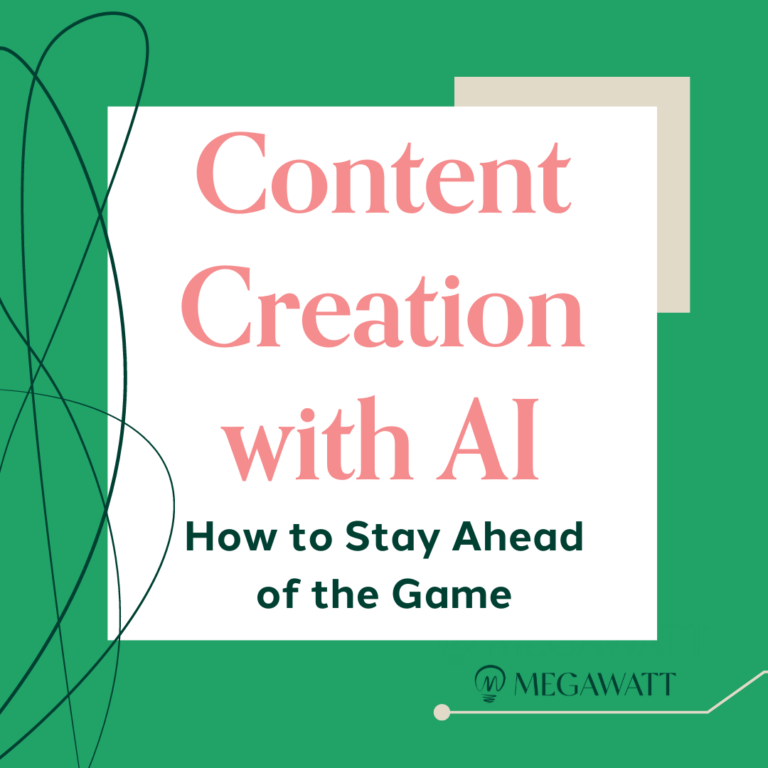Let’s Make B2B Content Marketing Less Boring
I was talking to a client recently about a piece of content that wasn’t quite hitting the mark. It was well-researched, the information was factually accurate, and the structure and flow were on point. It was a textbook “perfect” article — but it was boring.
Unfortunately, “boring” is a trap we fall into frequently in B2B content marketing. Highly technical content requires serious attention to detail. Procuring expensive B2B tooling is a serious process (don’t waste my time with jokes!). And tech companies reckoning with layoffs and instability need an intense commitment to lead generation. After the year we’ve had, it’s no wonder we’ve lost our sense of humor.
Despite all of that, is there still room for fun and creativity in B2B marketing? Yes. Now more than ever.
How SEO made the internet boring
Content marketing is hard and sometimes very imprecise. As any content marketer knows, showing results can be tough. When marketing spend is under a microscope — something we’ve seen a lot lately — programs with defined and measurable results rise to the top of the priority list. In the world of content marketing, that’s most often related to search engine optimization.
One of the easiest ways to attribute success to a content marketing program is to report on organic wins, such as the number of keywords you rank for and where you appear in SERPs. It’s significantly easier to pull this data than to conduct a brand affinity study, for example, analyzing how an audience felt about the content with which they interacted.
But SEO is a distribution channel, not a strategy in and of itself. When we over-emphasize writing for search engines (because it’s measurable!), we sacrifice budget and resources for engaging, intriguing, attention-grabbing campaigns that will expand reach, help you stand out, and create excitement around your brand.
Relying solely on SEO is like playing a soccer game with only a goalie. You’ll defend your net but have no chance of scoring against the other team. Lately, professionals in our industry have relied too much on SEO to play every position in the field.
AI will kill us…and save us
We’ve all been leaning heavily on SEO as our content channel of choice, but AI is about to decimate the playing field.
AI tools can churn out content that regurgitates inputs from millions of sources across the web. The result? Anyone with access to these tools can create comprehensive pages of information about any and every topic out there. That means it will get a lot harder for brands to compete for organic eyeballs.
This will be especially impactful for higher funnel search queries that don’t necessarily require unique insights or expertise. Over the past few years, I’ve seen many content marketers lean on high-funnel strategies like creating a “glossary” of industry terms to help B2B clients rank for key terms related to their industry and product. This strategy has worked well, especially for higher-funnel terms.
But that alone isn’t going to cut it anymore. As the internet fills up with AI-generated content of varying quality, it’s getting harder and harder to compete solely on a keyword-based strategy. If you continue to create top-of-funnel content optimized for search, your pages will get lost in the crowd. And even if they do creep to the top of a SERP, a rise in zero-click searches could stifle your efforts. Readers won’t click over to your site, and I’d argue they won’t even notice that you are the source of information that was retrofitted into Google’s quick answer box.
This isn’t to say SEO is a lost cause, simply that the old tactics aren’t going to work anymore. Already awash in a sea of AI, Google is doubling down that quality, in the form of EEAT, is more important than ever. The only way to stand out is to be human.
![]()
The good news? This will force us to do things differently. Content marketers will have to get more creative with alternative content formats (like videos and podcasts) that compete with AI-generated text, and we’ll need to think about content that will find viewers outside of organic searches.
Expect to see more B2B companies leaning into their brand to give their content a “personality” that stands out online. Unique personalities will stand out the most — whether that manifests as original research, sizzling thought leadership takes, a distinctive tone of voice, or a unique package for content distribution. Just look at what HubSpot is doing on Linkedin. They are having fun and taking advantage of cultural moments and trends to stand out.
In a world of anonymous AI-generated content that could be written by anyone (or nobody in particular), putting a personality to a piece of content will help companies become brands — and help those brands stand out from competitors.
Where do we go from here?
The above can sound pretty scary if you’re a marketer who has relied heavily on SEO and other traditional content marketing methods. Here’s your playbook for navigating this brave new world:
Focus on content distribution
The idea of finding people “organically” still makes sense. However, search engines are not the only route to organic discovery. One thinking error we’ve developed in our SEO obsession is that we can write an optimized piece of content, post it online, and the eyeballs will automatically appear. Most organic strategies that I see entirely ignore other routes of content distribution, and forget to rev other engines that help content perform.
But again, AI will force a welcome change. Content marketers will renew a long-lost commitment to distribution, thinking up new ways to re-share, re-purpose, and reuse a single piece of content or idea for multiple platforms and channels.
This new line of thinking will usher in an era of content campaigns over content assets. Content campaigns are more about how to say one, two, or three important things — and make sure everyone hears them — versus having a hand in all the topics a potential prospect might Google while searching for a tool like yours.
I predict content marketers will move away from campaigns that rely upon building more and more assets and toward campaigns that focus 20% on asset creation and 80% on the distribution of those assets to the right people in the right channels.
![]()
What does this look like? Consider what Drift (recently acquired by Salesloft) did with conversational marketing. The company released a book detailing its unique vision of this concise concept and discussed conversational marketing in various other channels. It’s a single thought leadership platform that helped Drift become recognizable well beyond its product.
Think about your content marketing priorities last quarter or last year. Was one of your KPIs to publish a certain number of blogs each month? They likely touched on many topics like product/solution benefits, industry education, and customer use cases. Instead, future you might spend an entire quarter creating and distributing content related to one problem/solution: turning a concept from a single blog into a talk track, video series, and social campaign. How well you can incorporate creativity into how you say and distribute the information will make the campaign great.
Sign up for The Spark, our biweekly newsletter full of ideas to power up your content marketing engine.
Become a full-stack content marketer
For some in the industry, this will be an uncomfortable change. Many content marketers have been successful in their profession thus far because of their aptitude for writing. Now, successful content marketers will also need to be comfortable:
- Turning written content into visual assets (and using tools that help you do so).
- Understanding email and social media marketing strategies (including targeting capabilities and how to interpret analytics).
- Understanding the B2B sales process and how to convert traditional content marketing assets (blogs) into sales tools like talking points, call scripts, etc.
- Being creative and thinking outside the box to plan events, build communities, or execute on-site activations at industry conferences.
With an emphasis on new skills and cross-functional work, I’d argue that it’s time to drop the word “content” from “content marketer” (and “email” from “email marketer” and so on). We need to consider content as all assets an organization produces on its own behalf. Emails are content, call scripts are content, and LinkedIn posts from executive leadership are content. Modern marketers need to know how all these engines work together to reinforce a unified message.
![]()
Stop being boring
Which parts of your current content marketing strategy are boring? Is it your tone of voice? Is it the limited scope of channels in which you try to reach prospects? Is it something else?
Try to start with a small change and think about the fundamental goal of marketing: to communicate with people. Your persona research might tell you that your buyers have serious problems and budget constraints. But at the end of the day, everyone is human. A serious problem or need doesn’t mean audiences will only respond to information formatted or written in a somber tone.
We’re humans who crave connection, and sometimes humor or fun is the best way to relate to others genuinely and elicit a reaction. So don’t be boring. Be real and help your audience feel like you understand them, you can be trusted to provide a solution, and you’ll be fun to work with along the way.
Here are several creative B2B content campaigns that are anything but boring:
- Atlassian BitBucket’s Teach me How to Spoon video
- ZenDesk’s Zendesk Alternative webpage (bonus, this is also an SEO play!)
- Black Kite’s Cyber Villains content campaign
Change is good
It’s a weird time to work in tech, especially tech marketing. We’re undergoing radical changes, and yeah, some of them are scary and maybe even a bit exhausting, particularly if you’ve been rowing really hard in the other direction.
But these changes are also a huge opportunity to be ahead of the curve. Invest in immersive content campaigns with clear and varied distribution methods. Develop a strong point of view. Get creative.
And along the way, maybe we can have some fun too?
If you’re not sure where to get started navigating this rocky new terrain, Megawatt can help!
Contact us today to learn more about our content services.
